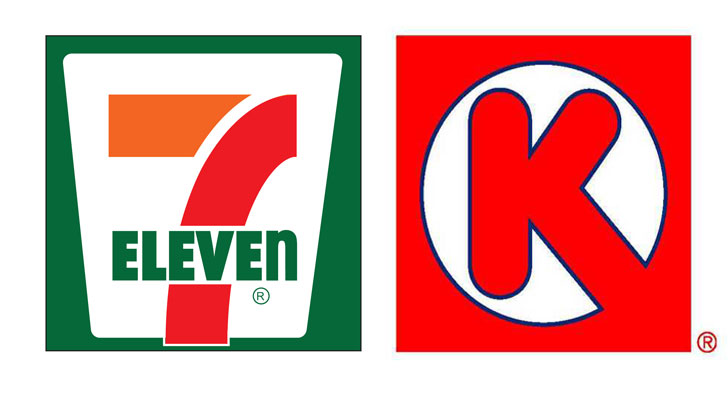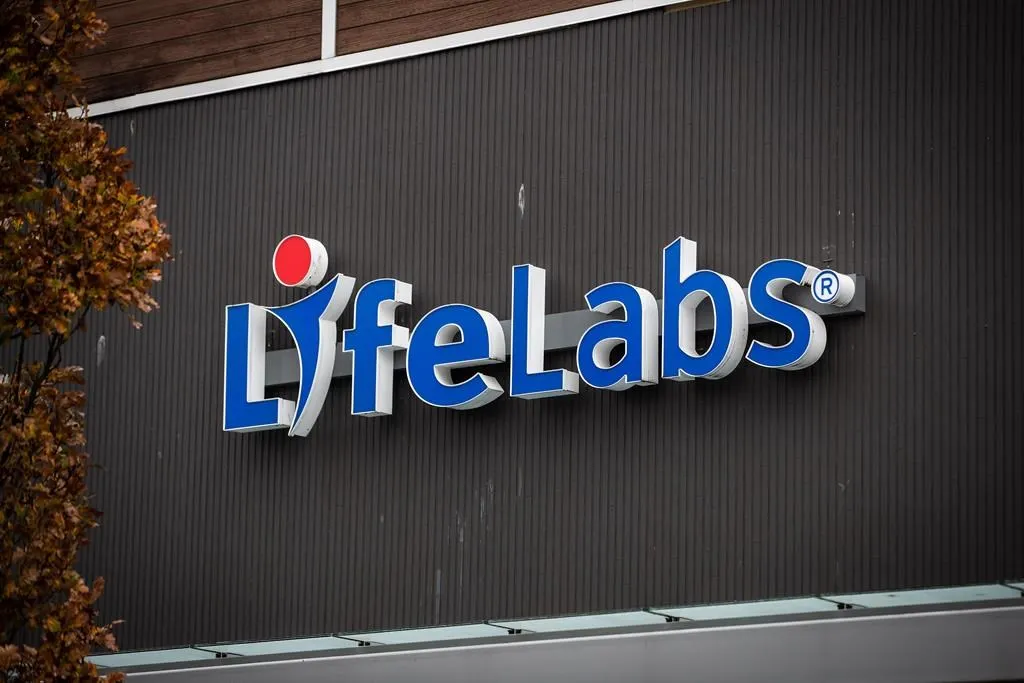Bank of Canada Governor Tiff Macklem wore an Edmonton Oilers pin as he talked about how close he came to beating the odds—both in hockey and the economy.
It was a big day for Macklem. He had just explained to Canada and the world why the Bank of Canada is keeping interest rates the same for a second time in a row. That same night, the Edmonton Oilers were playing Game 1 of the Stanley Cup Finals. Macklem ended his press conference with a cheerful “Go Oilers!”
Last year, the Oilers almost pulled off an amazing comeback against the Florida Panthers but lost by just one goal in Game 7. Macklem also came close to a big win. He nearly guided Canada to a “soft landing,” where inflation comes down without causing a recession.
“We got inflation down. We didn’t cause a recession,” Macklem told The Canadian Press after announcing the decision. “But then President Trump started threatening new tariffs, which hurt the economy.”
Now, with that new challenge, the Bank of Canada has to deal with more uncertainty. Macklem has been in charge for five years and said the bank’s role is changing as Canada faces new global problems.
More Canadians have learned about the Bank of Canada in recent years. After COVID-19, inflation rose quickly, and the bank had to raise interest rates fast. Then, it had to lower them again. All of this made headlines as people worried about prices and borrowing costs.
The bank’s main job is to keep inflation around two per cent. That goal is set by the federal government and will be reviewed next year.
Macklem said the bank is rethinking how it tracks inflation and how it reacts to things like supply chain problems. Still, he believes keeping the two per cent inflation target is important.
“Our inflation target just went through its biggest test in 30 years,” he said. “It hasn’t been easy, but the system worked.”
He added that the bank could look at adding new goals to help with other issues like housing. Macklem knows that many Canadians are struggling with high rent, expensive groceries, and car prices. He said younger Canadians now understand how bad inflation feels.
While interest rates can’t make homes cheaper, Macklem said the bank can help by keeping inflation stable, especially during times of big change.
He didn’t say exactly how the bank’s role might grow, but talks with the federal government are planned for next year.
For now, Macklem is watching how the new U.S. tariffs affect inflation in Canada.
He’s not alone. Other countries are also asking how central banks should act in a more “shock-prone” world.
At a recent G7 summit in Alberta, central bank leaders had open discussions. Macklem said it’s hard to get countries to agree, but working together is more important than ever.
Canada is leading the G7 this year, and Macklem believes the country can play an important role.
The Bank of Canada is also changing how it gathers information. It’s using more surveys and real-time data to make quicker, better decisions. This helps the bank stay ahead in a world where things change fast.
In the past, the bank would often ignore supply shocks like rising oil prices. Now, Macklem says they need to take those seriously, especially when the economy is already running hot.
“The economy doesn’t work well when inflation is high,” Macklem said. “Our main job is to make sure Canadians can trust that prices will stay stable. That’s how we help the economy.”
Later that day, the Oilers won Game 1 in overtime. It’s still early in Canada’s fight with the latest economic challenges, but Macklem hopes this time, like the Oilers, his team can come out on top.



